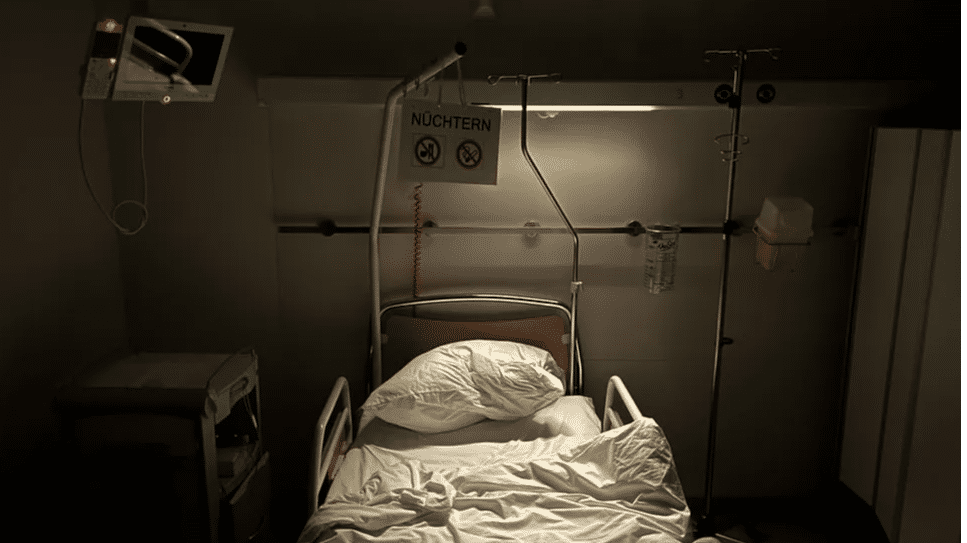A 72-year-old
British man tested positive for coronavirus for 10 months in what is thought to
be the longest recorded case of continuous infection, researchers said on
Thursday.
Dave Smith, a
retired driving instructor from Bristol in western England, said he tested
positive 43 times, was hospitalised seven times, and had made plans for his
funeral. “I’d resigned myself, I’d called the family in, made my peace
with everybody, said goodbye,” he told BBC television.
Also read: A look at how vaccination campaigns are doing around the world
His wife, Linda,
who quarantined with him at home, said, “There were a lot of times when we
didn’t think he was going to pull through. It’s been a hell of a year”. Ed
Moran, a consultant in infectious diseases at the University of Bristol and
North Bristol NHS Trust, said Smith “had an active virus in his body”
throughout.
“We were able
to prove that by sending a sample of his virus to university partners who
managed to grow it, proving that it was not just left-over products that were
triggering a PCR test but active, viable virus.”
Also read: Not enough data: Experts on Delta Plus coronavirus variant
A treatment of cocktail synthetic antibodies developed by the US biotech firm Regeneron, helped Smith recover. This was allowed on compassionate grounds in his case
but the treatment regime is not clinically approved for use in Britain. Results
of a clinical trial published this month showed the treatment reduced deaths
among severe Covid patients who are unable to mount a strong immune response.
“It’s like
you’ve been given your life back”, Smith told the BBC. After finally
testing negative, he and his wife cracked open a bottle of champagne when he
finally tested negative, 45 days after receiving the Regeneron drug and some
305 days after his first infection. Smith’s treatment was not part of an
official medical trial but his case is now being studied by virologist Andrew
Davidson at the University of Bristol.
Also read: Can Delta plus variants cause third wave in India? Here’s what experts say
A paper on his case
will be presented at the European Congress of Clinical Microbiology &
Infectious Diseases in July, saying that he is thought to be “the longest
infection recorded in the literature”. “Where does the virus hideaway
in the body? How can it stay just persistently infecting people? We don’t know
that,” Davidson said.
Smith had a history
of lung disease and had recently recovered from leukemia when he caught the
virus in March 2020. He told The Guardian daily that since his recovery, he
still gets breathless but has travelled in Britain and is teaching his
granddaughter to drive.”I’ve been down to the bottom and everything’s
brilliant now,” he said.







